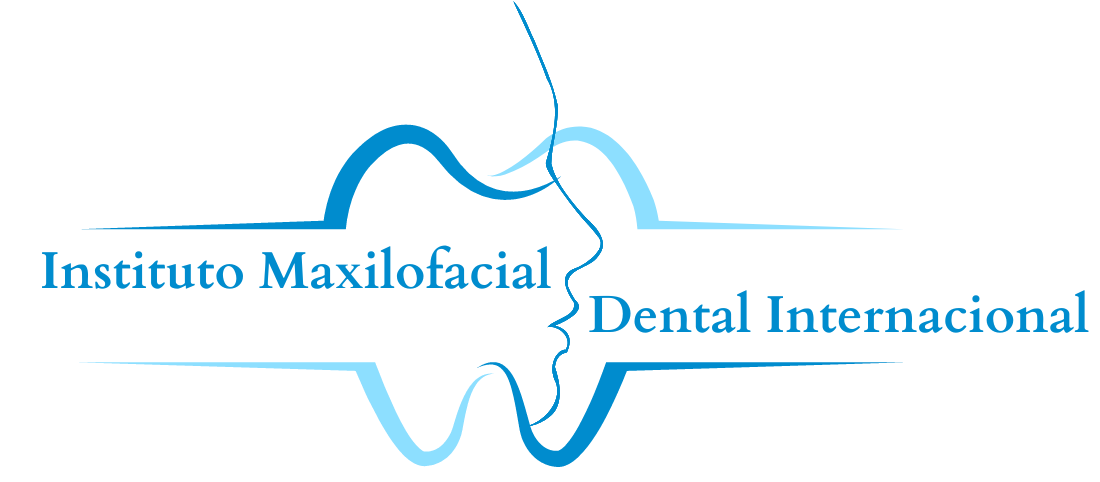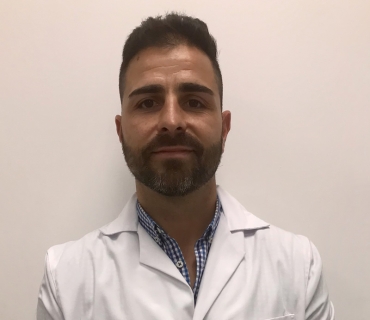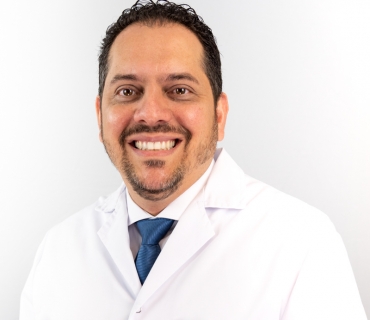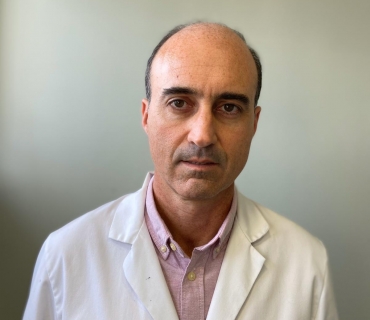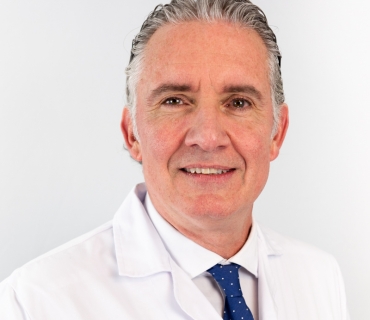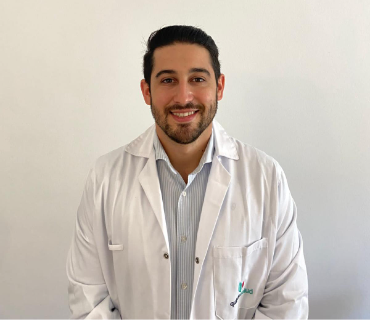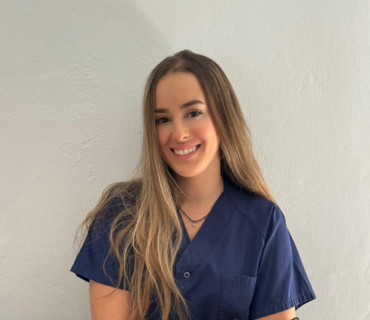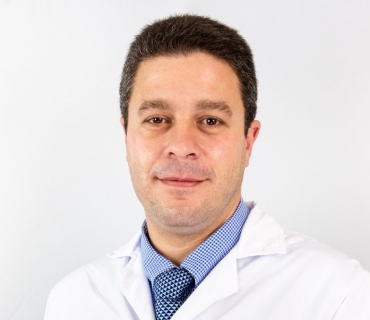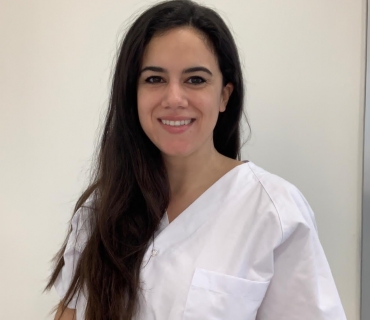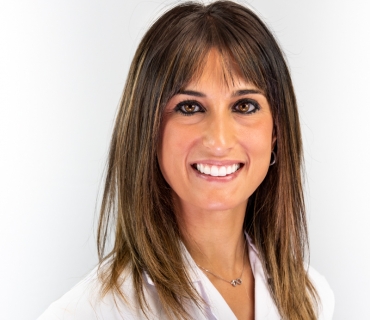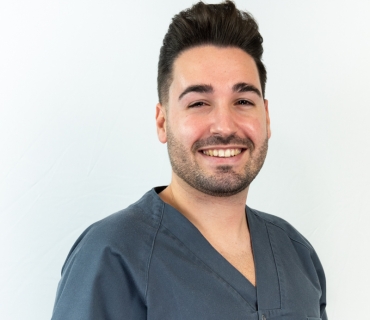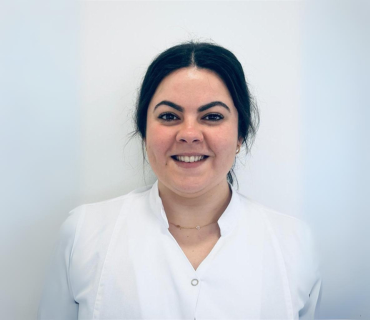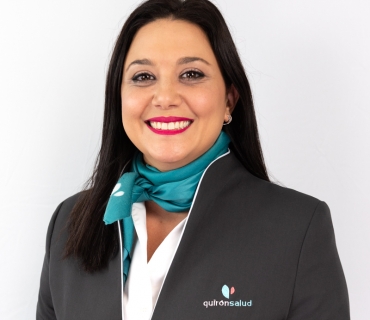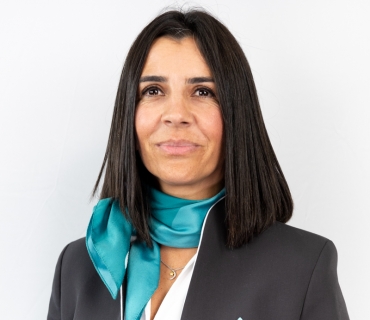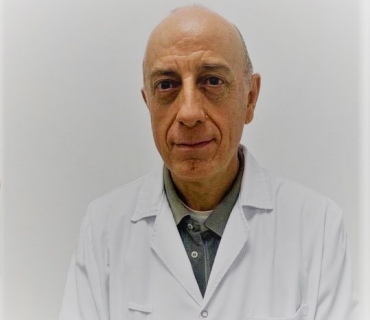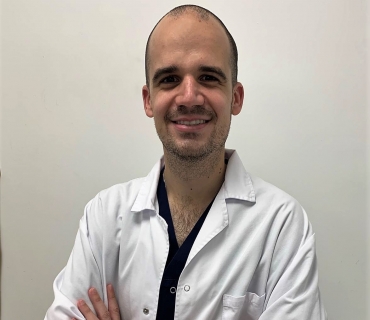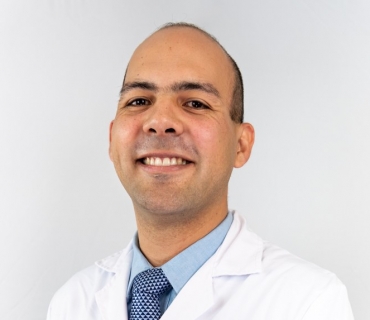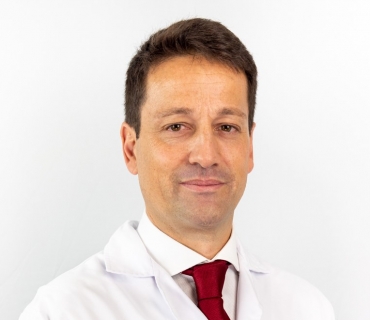Frequently Asked Questions Oral and maxillofacial surgery
Oral and maxillofacial surgery
HOW LONG WILL THE PAIN AND INFLAMMATION LAST?
The length of time pain and swelling lasts after oral surgery can vary depending on the type of procedure performed, as well as the person and their ability to recover. In general, pain and swelling may last 3 to 7 days after surgery, but in some cases it may persist for a longer period.
To reduce pain and inflammation after surgery, you can take pain relievers prescribed by your oral surgeon, apply ice to the affected area, and follow a soft, easy-to-digest diet for the first few days.
It is important to follow all post-operative instructions given to you by your oral surgeon and attend all scheduled follow-up appointments to ensure that you are healing properly and that there are no complications. If you experience significant pain or swelling or have any concerns after surgery, it is important to notify your oral surgeon as soon as possible.
HOW SHOULD I CARE FOR THE WOUND OR AFFECTED AREA AFTER SURGERY?
Proper care of the wound or affected area after oral surgery is essential for a successful recovery. Below are some general tips that may help:
Follow your oral surgeon's specific instructions on how to care for the wound or affected area after surgery.
Make sure you get enough rest and avoid strenuous physical activity for the first few days after surgery.
Apply ice to the affected area to help reduce swelling and inflammation. You can apply the ice for 15-20 minutes every hour.
Avoid smoking or drinking alcohol after surgery, as they may affect wound healing.
Do not rinse your mouth with water for the first 24 hours after surgery. After that time, rinse your mouth with a mild saline solution or warm salt water after each meal. Keep the area very clean
WHEN CAN I RETURN TO MY NORMAL ACTIVITIES, SUCH AS WORK OR EXERCISE?
The time it takes to return to normal activities after oral surgery can vary depending on the type of procedure and each patient's individual recovery. It is important to follow your oral surgeon's specific instructions about when you can return to normal activities.
It is generally recommended to avoid strenuous activities, such as exercising or lifting heavy objects, for the first few days after surgery. After that, you can start doing gentle activities and gradually increase the intensity as you feel comfortable.
If your job does not require physical exertion, it may be possible to return to work a day or two after surgery, but if your job involves physical activity or heavy lifting, you may need to take a few days off before returning to work.
It is important to note that everyone recovers differently and you may need to adjust the amount of time you need to recover based on your own experience. If you have any questions about when you can return to your normal activities after surgery, be sure to speak with your oral surgeon for personalized recommendations.
WHEN SHOULD I SCHEDULE A FOLLOW-UP APPOINTMENT WITH MY ORAL AND MAXILLOFACIAL SURGEON?
It is important to schedule a follow-up appointment with your oral surgeon after oral surgery. The exact date for the follow-up appointment will depend on the type of procedure performed and each patient's individual recovery.
Generally, most patients schedule a follow-up appointment within a week after surgery. During this appointment, the oral surgeon will check the wound and evaluate its healing progress. If all goes well, you may not need another follow-up appointment after this one.
However, if more time is required for healing or if complications occur, your oral surgeon may schedule additional follow-up appointments as needed. It is important to keep all scheduled follow-up appointments with your oral surgeon to ensure that the wound is healing properly and to avoid complications. Additionally, if you experience any unusual symptoms after surgery, such as severe pain, fever, or pus, you should contact your oral surgeon immediately.
